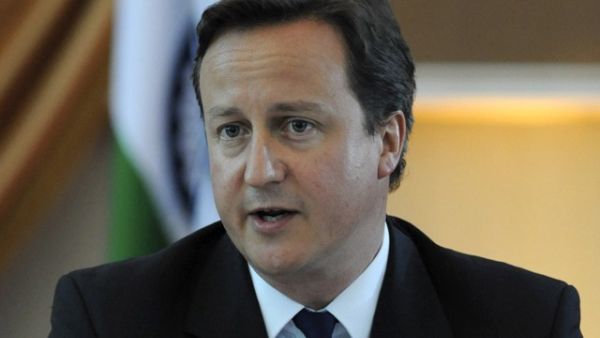David Cameron has warned that Britain must be prepared to help put an end to the the deadly spread of jihadi groups like ISIS across the world in order to prevent attacks on home soil.
The Prime Minister made specific references to the threat of Libya, where an ISIS franchise has been running terror camps and implementing the group's barbaric interpretation of Shari'a.
Speaking ahead of his four day tour of South East Asia, Cameron described ISIS as 'one of the biggest threats our world has faced.'
Cameron has already began to order security personnel to investigate the best way for Britain to help ease the threat of radicals in countries like Libya, according to The Sunday Telegraph.
The defiant warning comes as reports suggest that Sousse gunman Saifeddine Rezgui,23, was believed to have attended a terror camp in Libya.
He used his newly learnt weapons skills to shoot dead 38 foreign tourists, including 30 British nationals, at a popular tourist beach in Sousse, Tunisia.
Fears remain that ISIS lone wolf terror attacks could strike in Britain, following the shocking terror attacks in France, most notably the Charlie Hebdo massacre.
Although the ISIS group in Libya have reportedly been forced out of much of the Libyan city of Derna, their militants still maintain a worryingly strong presence in the struggling country.
Photos emerged this week of black ISIS banners being pulled down by rebel militants in Derna and an ISIS commander was marched through the streets naked before he was executed.
Despite the apparent losses suffered by ISIS, the group continues to hold checkpoints in the city of Sirte as well as carrying out atrocities in other parts of the country.
David Cameron's decision to visit several of the South East Asian states, including Malaysia and Indonesia comes amid fears that Islamic State is looking to gain a foothold in the region.
The Prime Minister is heading to Indonesia on the first stop of a four-day tour intended to drum up trade for Britain.
He will also use meetings with President Joko Widodo in Jakarta and later Prime Minister Najib Razak of Malaysia to raise the threat from the extremists.
By Tom Wyke








